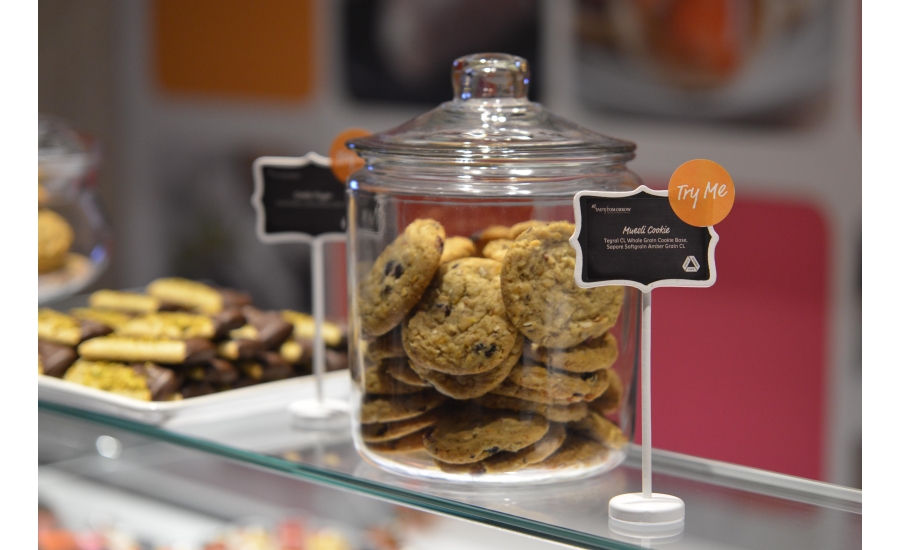Earlier this fall, Puratos hosted one of its Taste/Tomorrow events, gathering together members of the bakery industry from around the globe in Chicago to reveal the results of its most-recent consumer research, which involved following 100 “foodies” in seven global cities for three weeks. The body of work stemming from this research was dubbed “The New Consumer Rules,” comprised four areas of focus, pointing neatly to key prevailing trends in food today:
- Age of abundance. People expect variety and convenience in their foods. Puratos research found that 56 percent of U.S. consumers believe that food choices will be more diverse and innovative by 2025, but only 32 percent believe that food will be tastier.
- Food under pressure. People want fresher, more-natural, better-for-you foods, but don’t expect the industry to deliver. Fewer than 40 percent in the U.S. believe food will be higher in quality, more natural, more sustainable and fresher by 2025 compared to today.
- Health: lost in translation. We are inundated by negative messaging, creating an environment that encourages “food myths.” Case in point is that 36 percent of U.S. consumers believe gluten can cause digestive problems for the majority of people—a far cry from the 5 to 10 percent who are estimated to suffer from gluten-related disorders.
- My sustainability. The issue of food waste looms large, and this message is starting to hit home in the U.S., where research found that people are less likely to throw away bread and pastries than in other countries.
So what are the takeaways?
- Flavor first. Don’t sacrifice flavor and eating enjoyment when formulating better-for-you foods. Show shoppers that they can have their nutritionally improved cake and eat it, too.
- Clean and fresh. Clean up labels, and showcase freshness at retail. Puratos research showed that 62 percent of U.S. consumers would buy more products at bakeries where everything is baked with natural ingredients. Be transparent in terms of the process. People like the idea of being able to see ovens, with 68 percent of U.S. consumers noting that they appreciate bakeries where they can see the oven and baked goods being made on-site.
- A positive attitude. Don’t contribute to “food myths” like the false notion that gluten-free is generally better for you. Instead, focus on the positive health benefits of foods. Shoppers are tired of hearing about what is bad for them. Showcasing product merits turns the tables and shines a spotlight on the benefits.
- Built to freeze. And in terms of sustainability, we need to start thinking about how well some products freeze when still in the R&D phase. This extends to ingredients that can help prolong freshness during frozen storage, as well as packaging suited to the freezer. Tying such products to reducing food waste will hit home with today’s shoppers.

